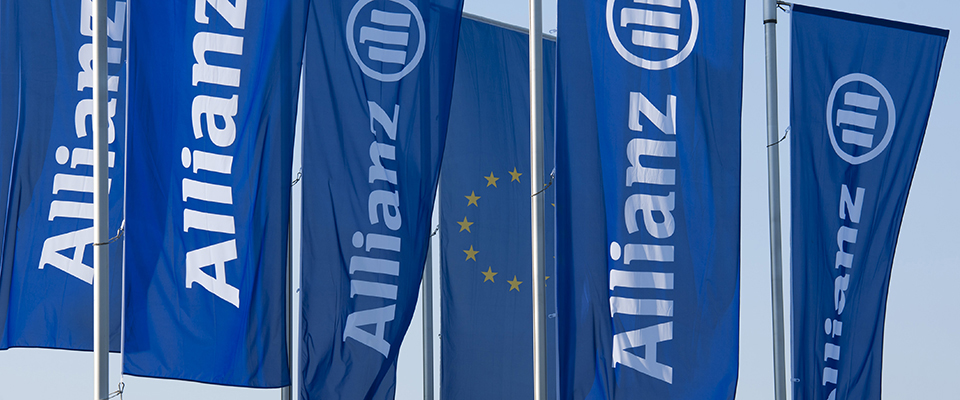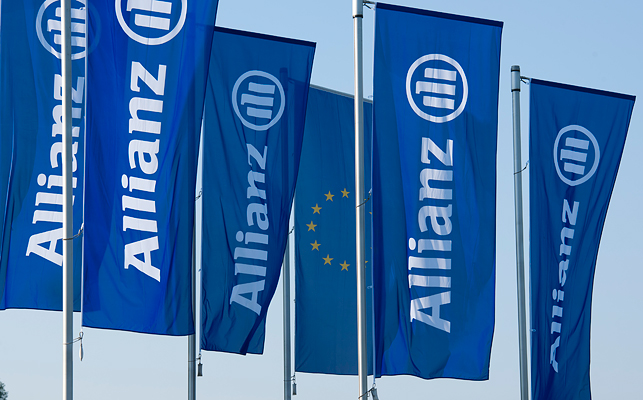The world’s attention has rightly been focused on COP27 and how policymakers and global leaders find and finance solutions to our overheating planet. This year, the debate focused on the issue of “loss and damage” – money paid by developed nations, historically the worst polluters, to help poorer nations on the frontlines of the climate crisis recover from social and economic losses, ranging from catastrophic flood damage to draught-ravaged crops to species extension.
Less prominent in these global climate discussions is the voice of business leaders in emerging and developing nations, particularly those in the global South. A recent survey entitled “Sustainability-Readiness of Business Leaders in Emerging Markets,“ by Allianz seeks to fill this gap by surveying the experiences and sentiments of emerging markets private sector leaders on the state of climate resilience at their organizations. Allianz canvassed C-level managers of mid- to large businesses operating in 14 emerging markets (EMs) across Asia, Africa and Latin America, including local heads of multi-national corporations.
“As a global insurer and a responsible investor and asset manager, Allianz embeds sustainability in our core business to manage risks and capture opportunities – and so do many of our corporate customers. Partnering with our clients in their transition to climate-resilient business models, we wanted to better understand the needs of business leaders in emerging market countries that are most exposed to the risks presented by climate change,” says Christopher Townsend, Member of the Board of Management of Allianz SE.



